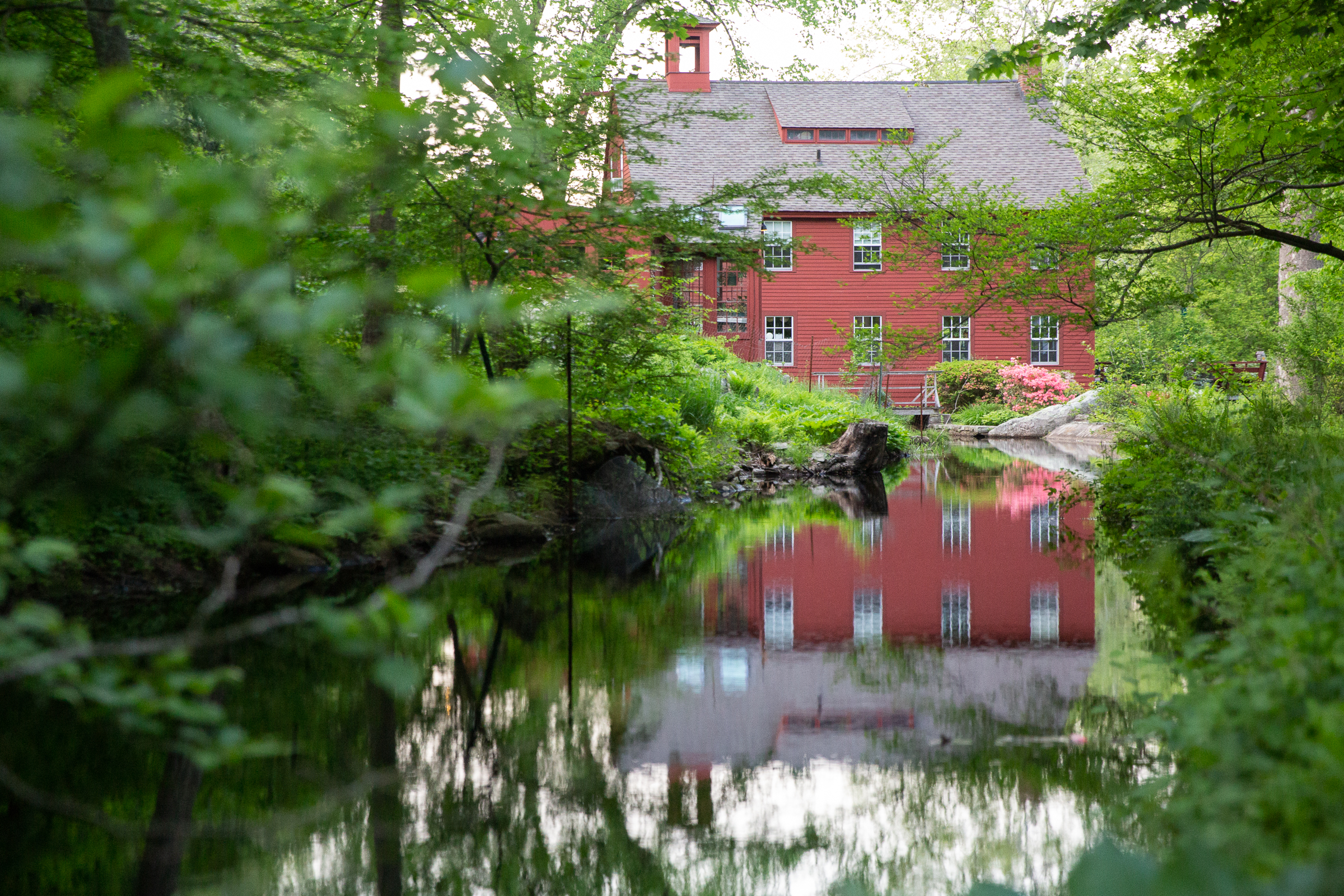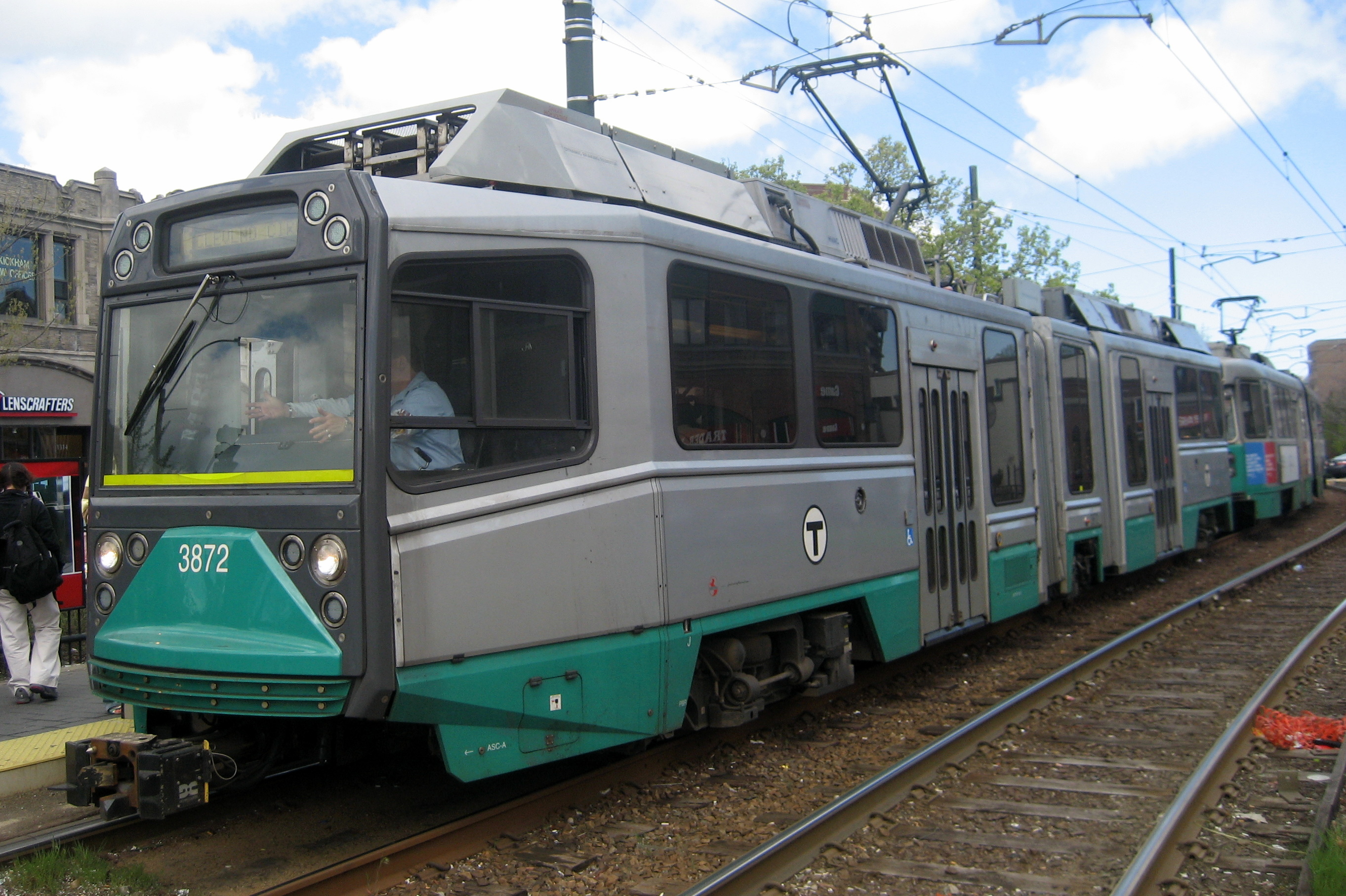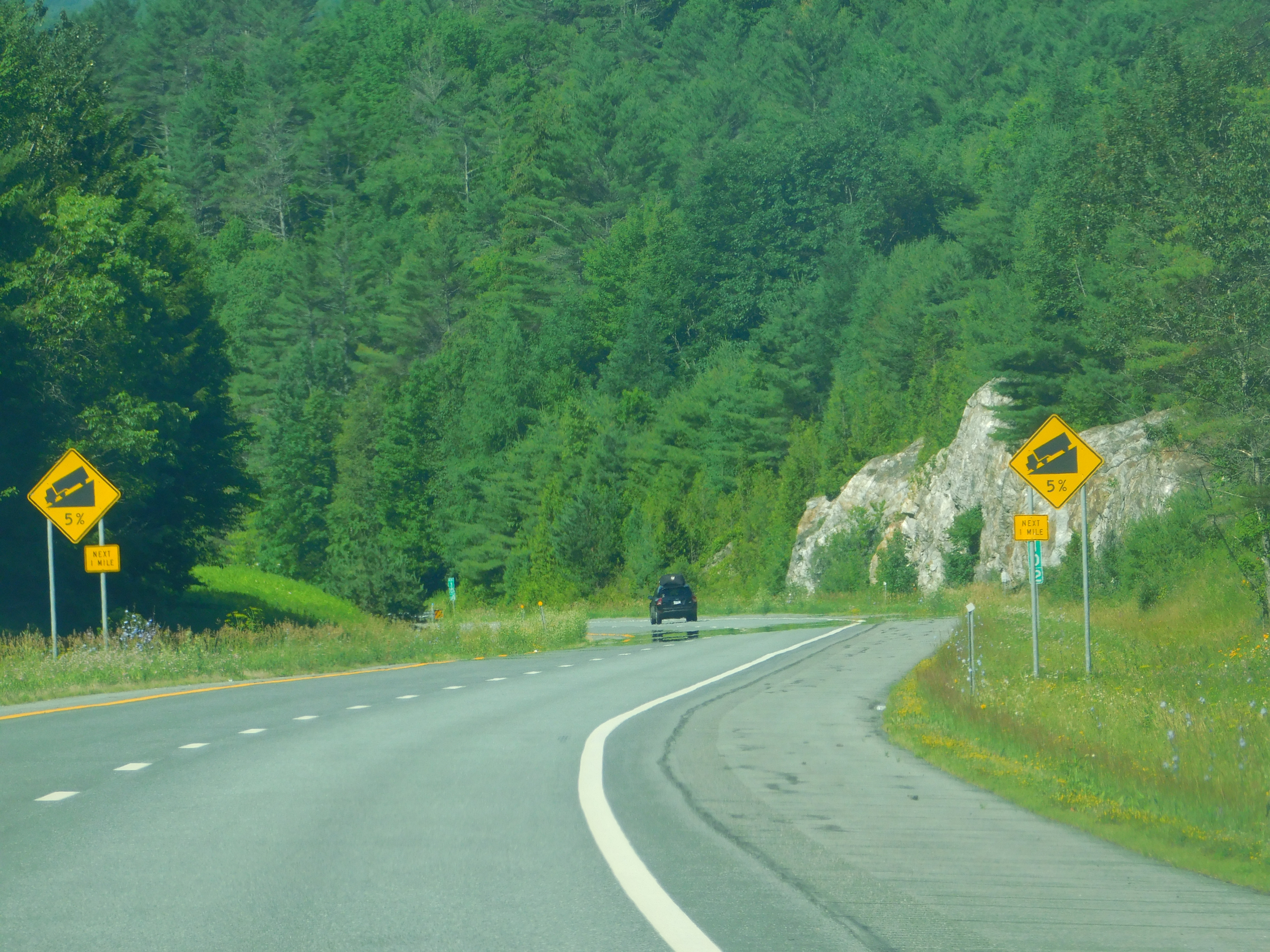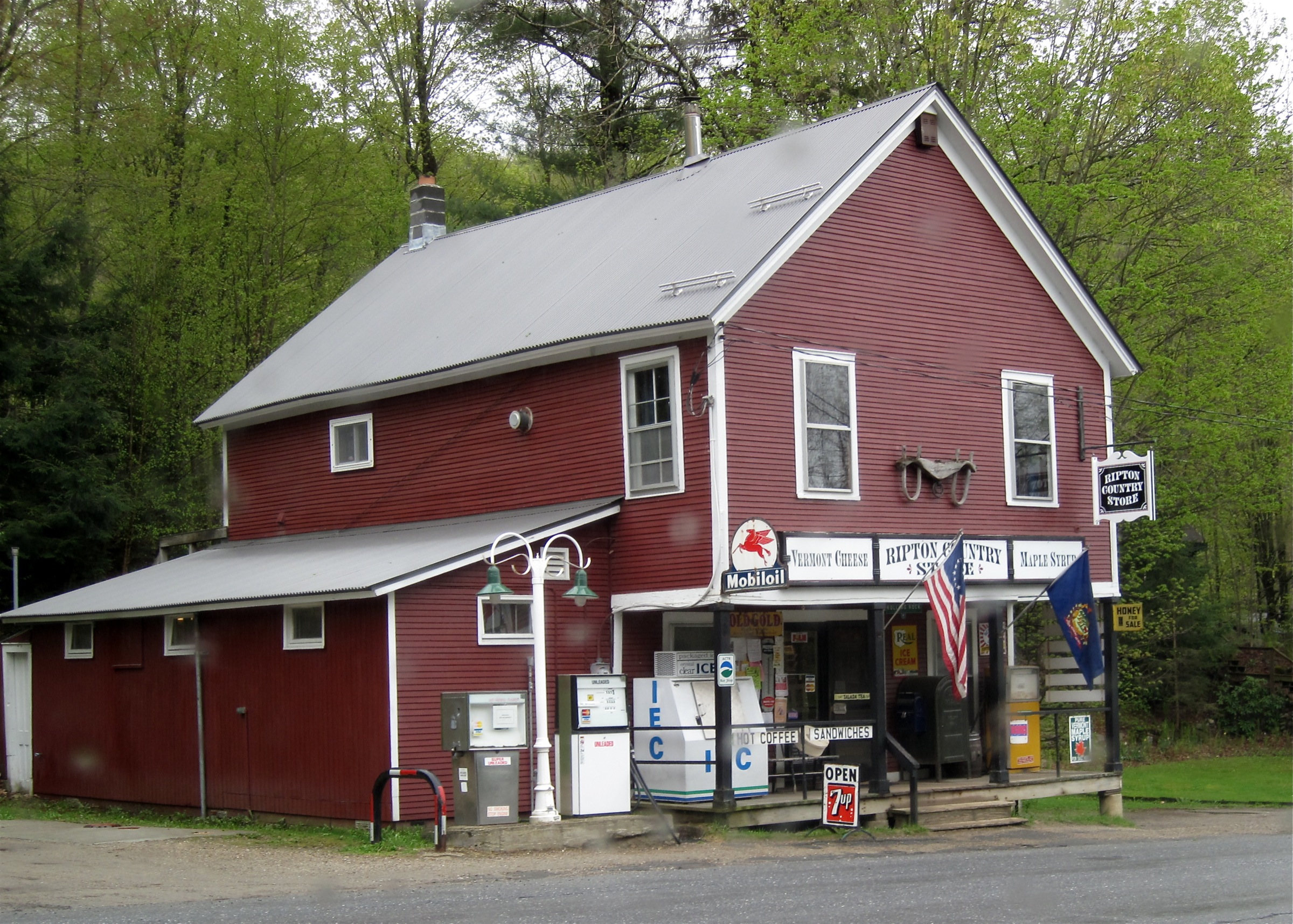Episode 99

As housing assistance ends for Puerto Rican evacuees in Massachusetts, many families face uncertainty. Plus, a look at Massachusetts’ struggling public transit, and the aging water treatment infrastructure along the Connecticut River. A rural small town in Maine wonders how it will get its high-achieving graduating high school seniors to return, and new programs in Vermont and Maine aim to bring in young workers. Finally, an interview with Bill McKibben about the Ripton Country store in Vermont, and the importance of general stores around New England. It’s NEXT.
Puerto Rican Evacuees Face Uncertainty As Housing Assistance Expires
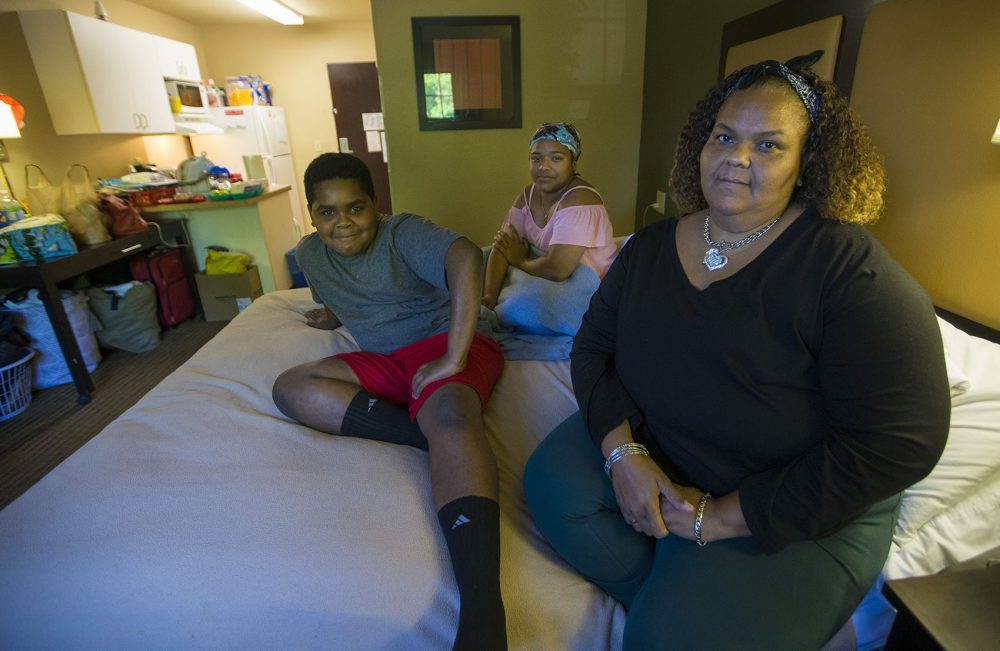
Lisbeth Sandoval, (far right), her daughter, Sheylibeth, and her son, Stephen, inside a hotel room in Lowell. Photo by Jesse Costa for WBUR
Nine months after Hurricane Maria devastated the island of Puerto Rico, there are an estimated 300 families still living in hotels throughout Massachusetts. And FEMA and the Bay State are footing the bill. However, at the end of June, the assistance will expire. Many of the evacuees staying in hotels don’t know where they will live in July. As WBUR’s Shannon Dooling reports, for some, their concerns run deeper than finding shelter.
Boston’s Struggling Public Transportation
It’s a story we’ve heard before. Boston’s public transportation shuts down, leaving commuters stranded on their way to work. It happened recently in mid-June when the Green Line broke down during the morning commute. So what’s wrong with Boston’s Public Transportation? Can it be saved?
Last week we discussed the new Hartford line: a train connecting New Haven with Springfield. Are these regional connections the future of public transit? Joining us to discuss the challenges and opportunities facing public transit in and around New England’s largest city is Jim Aloisi, former Massachusetts Secretary of Transportation, and Marc Ebuña, the Co-founder and President of TransitMatters.
Aging Water Infrastructure Along Connecticut River
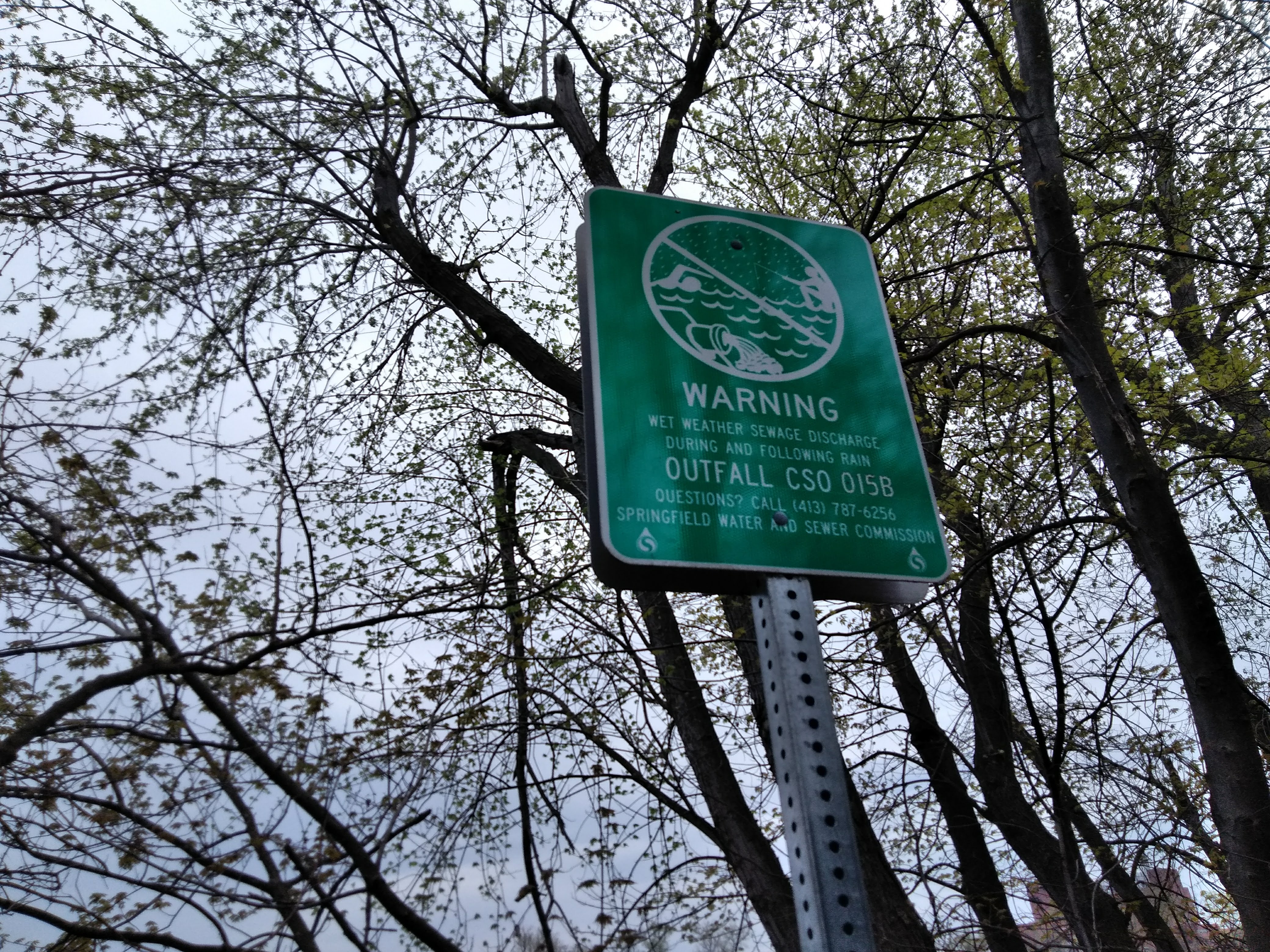
A sign along the Connecticut River warns of sewage discharge during and following rain. Photo by Jill Kaufman for NEPR
A very old system is still in use at about 800 wastewater treatment plants in the U.S, including along the Connecticut River. It’s called ‘combined sewer overflow’. What overflows is a mix of storm water, street runoff, and raw sewage. And every wastewater treatment plant is required by law to create a long term plan to end their use over the next few decades. But every city and town is different, and just how different is evident on a short stretch of the Connecticut River between Springfield and Hartford. NEPR’s Jill Kaufman reports.
A Rare “Wild and Scenic” River in Connecticut
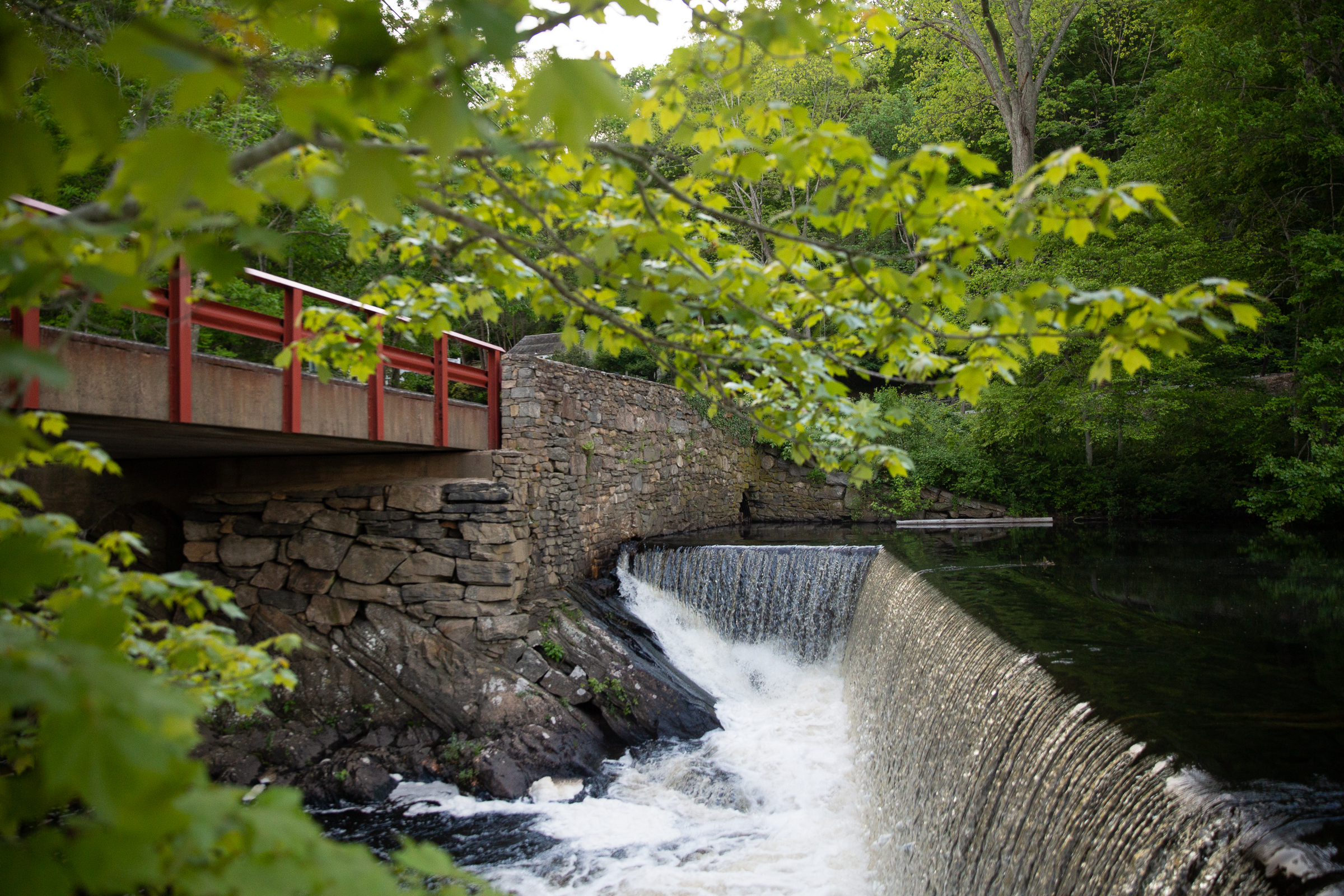
A dam on Moulson Pond along a section of the Eightmile River in Lyme, Connecticut. Photo by Ryan Caron King for Connecticut Public Radio
New England is filled with more than 65,000 miles of river, but only about 360 — or less than one percent — of those miles have achieved a rare national distinction: “Wild and Scenic.” These are rivers designated by Congress as having a special natural and cultural importance. Connecticut Public Radio’s Patrick Skahill recently went to one such river, the “Eightmile” in southeastern Connecticut.
Rural Maine Town Struggles to Keep High Achieving Students

Teachers Chris and Deborah Carver pose with their children, Garret and Brooke, inside of a classroom at Mountain Valley High School in Rumford, Maine. Photo by Robbie Feinberg for Maine Public Radio
Across Maine, thousands of high school seniors are graduating and preparing for the next chapter in their lives. But for many, particularly students in rural Maine, the future is uncertain. Graduating seniors in the western Maine town of Rumford told Maine Public Radio how they imagine their own futures, and whether that future might include returning to their hometown. Maine Public’s Robbie Feinberg reports.
Incentives Aim To Bring Young Workers To New England
New England is home to the three states in the country with the oldest populations: Maine, New Hampshire, and Vermont. As we see older workers in the region leaving the workforce and moving into retirement, who will replace them? That’s what states around the region are working hard to figure out. The Vermont legislature recently passed a bill that would award remote workers moving to the state up to 10,000 dollars over two years. For more information about this program, we recommend listening to this episode of Vermont Edition.
Around the Pine Tree State, signs are popping up, advertising Maine as a place that “welcomes wanderlusters” and where you can “make Vacationland work for you.” We speak with Joan Goldstein, the Commissioner for the Vermont Department of Economic Development, and Dave Vasconcelos, a partner at Live and Work in Maine, about these programs.
The New England General Store
Do you have a general store in your New England Town? Is it a community gathering place? A post office? The heart of the community?
The Ripton Country Store in Vermont is all of these things and more. It’s a place where you can buy penny candy, brake fluid, pickled beets, and of course, Vermont Maple Syrup, all while going to pick up your mail. But in March, the owners of the Ripton Country Store since 1976, announced they’re retiring. Thanks to an op-ed, “Vermont Town Seeks a Heart and Soul (Also Milk and Eggs),” environmentalist Bill McKibben wrote in The New York Times, new owners will be taking over in August. Looking for a charming New England country store? This Times article features the region’s best.
Photo at top of the page: a house along a section of the Eightmile River in Lyme, Connecticut. Photo by Ryan Caron King for Connecticut Public
About NEXT
NEXT is produced at Connecticut Public Radio
Host: John Dankosky
Produced with help this week from Lily Tyson and Ali Oshinskie
Digital Producer: Carlos Mejia
Executive Producer: Catie Talarski
Contributors to this episode: Shannon Dooling, Jill Kaufman, Patrick Skahill, Robbie Feinberg
Music: Todd Merrell, “New England” by Goodnight Blue Moon, “Adapt and Prosper” by Akrobatic, “Shameless” by Ani DiFranco
Stream every episode of NEXT. We appreciate your feedback! Send critiques, suggestions, questions, and ideas to next@wnpr.org. Follow us on Facebook and Twitter.

